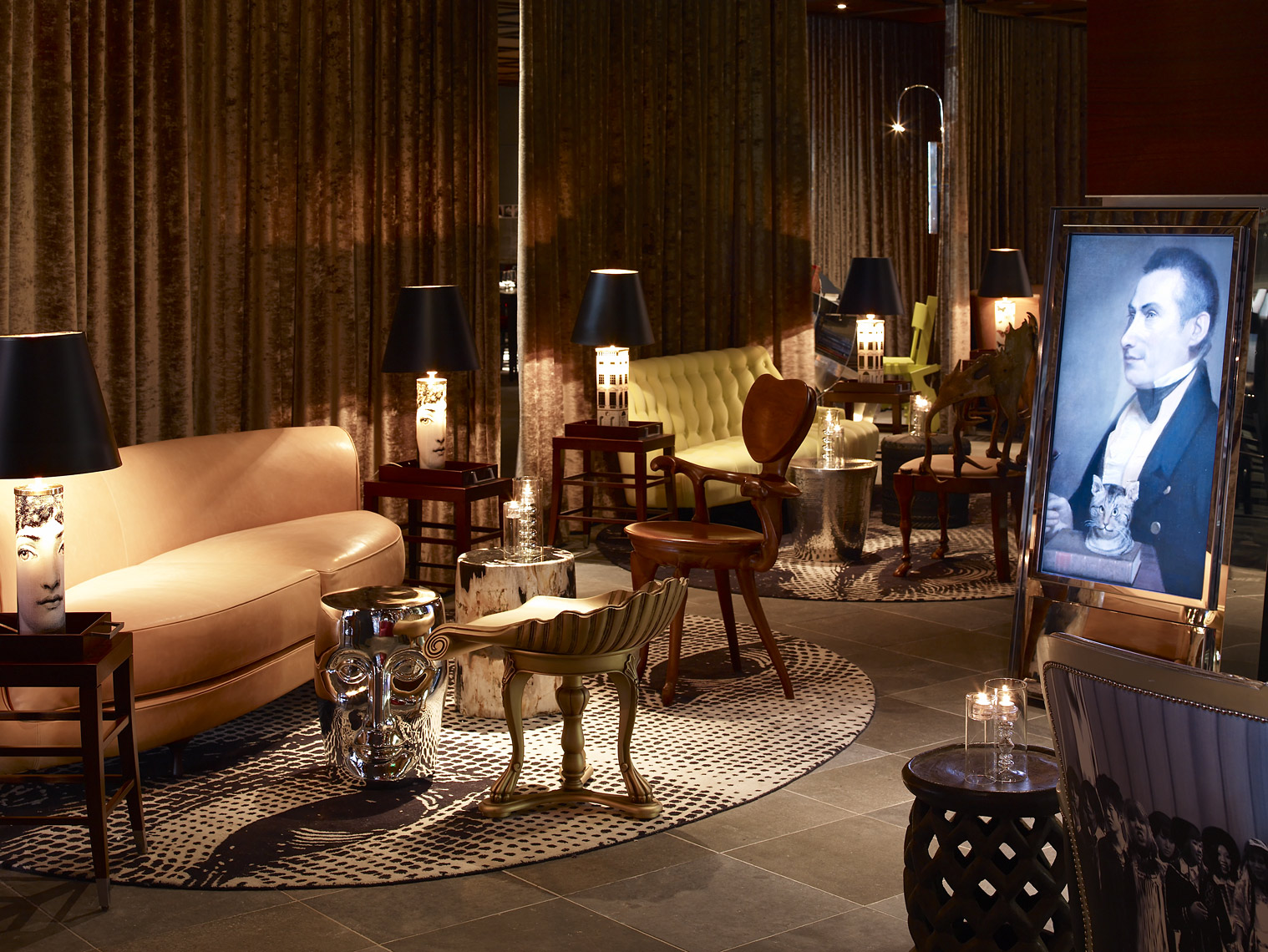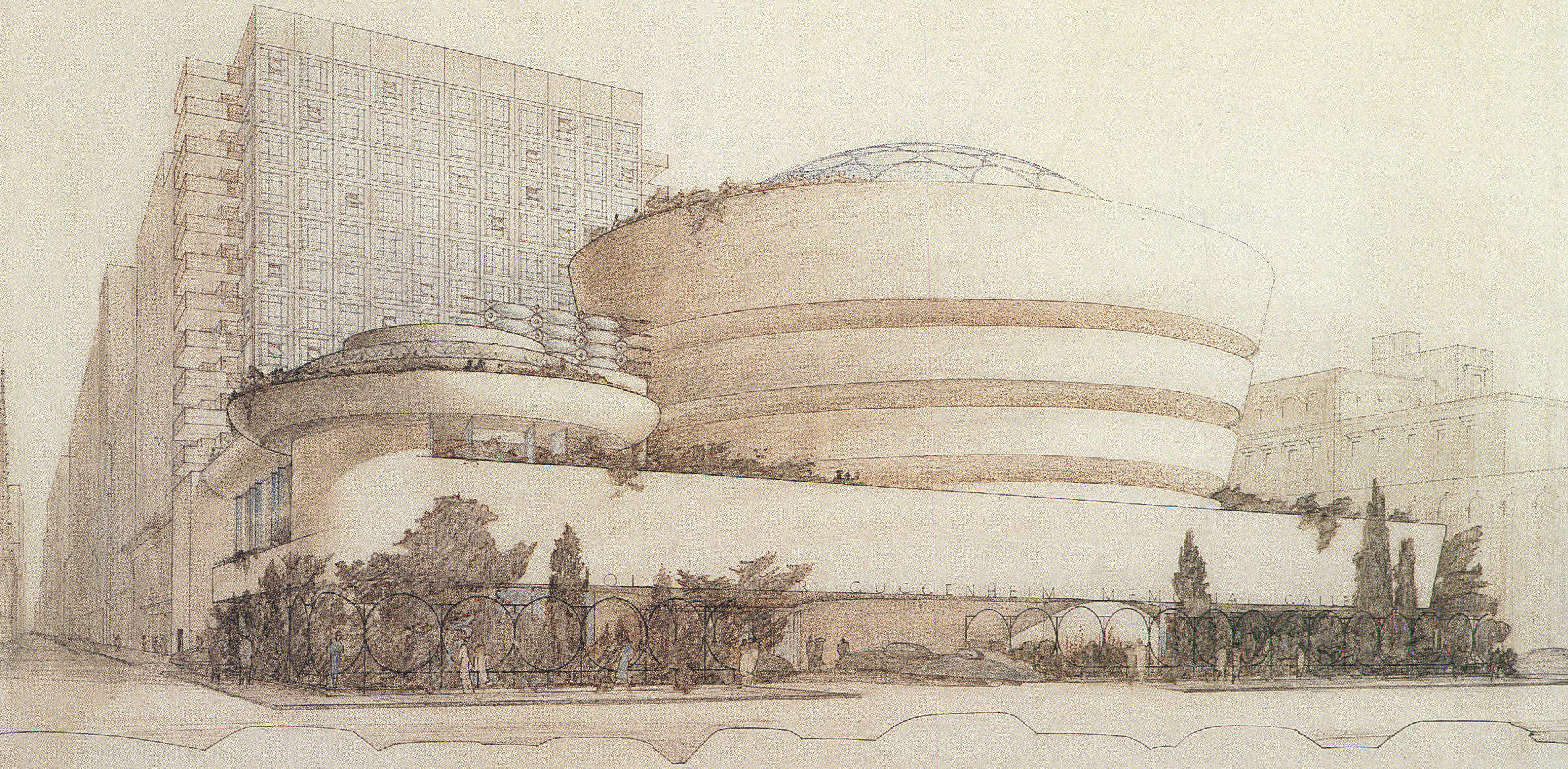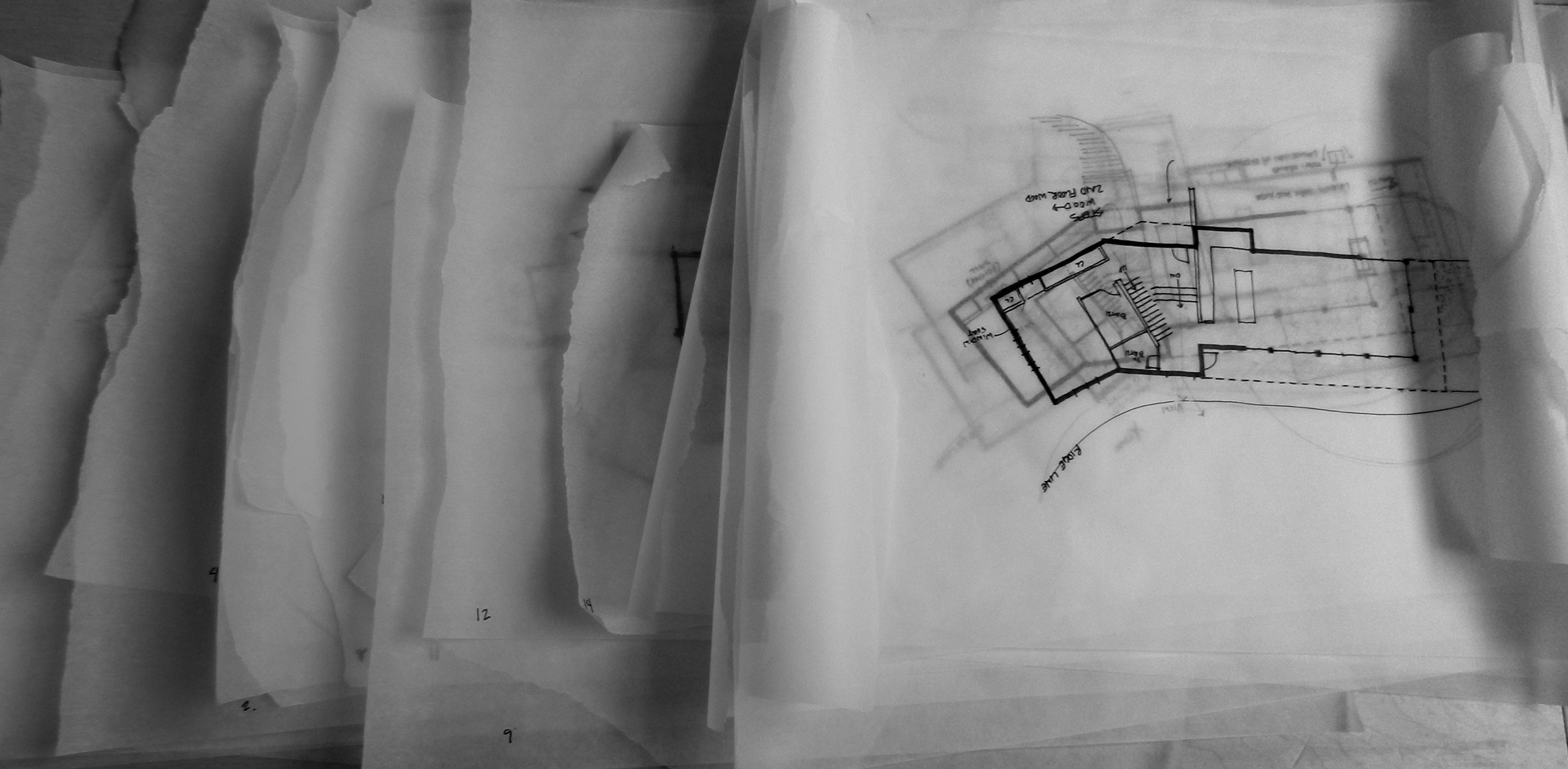Architizer is thrilled to announce that the 2026 A+Product Awards is open for submissions! The clock is ticking — get your products in front of the AEC industry’s most renowned designers by submitting today.
By nature, architects are detail-driven individuals. They are taught to consider every minute aspect of a design, to find purpose in each decision they make and to implement seamless function throughout the environments they create. As Mies van der Rohe put it over half a century ago, “God is in the details,” and this adage remains relevant in the present day. Contemporary architects design, model and render every square meter of a building, thoroughly understanding each layer of function and aesthetic, ensuring shape, form and structure complement each other harmoniously.
The relationship between architect and building is deeply entwined. Often, one reflects the other in design and disposition. The values and convictions of the designer regularly become apparent in the nuances of the structure, expressed as a recognizable style across their oeuvre. In buildings with a strong sense of individual character, it can be challenging to populate the space and may it require unique products to retain the design’s distinctiveness. To support their vision, many architects have turned their hands to the practice of product design over the years; in doing so, they have created some of the most iconic and well-recognized furniture pieces in the world. The following are few of our favorites.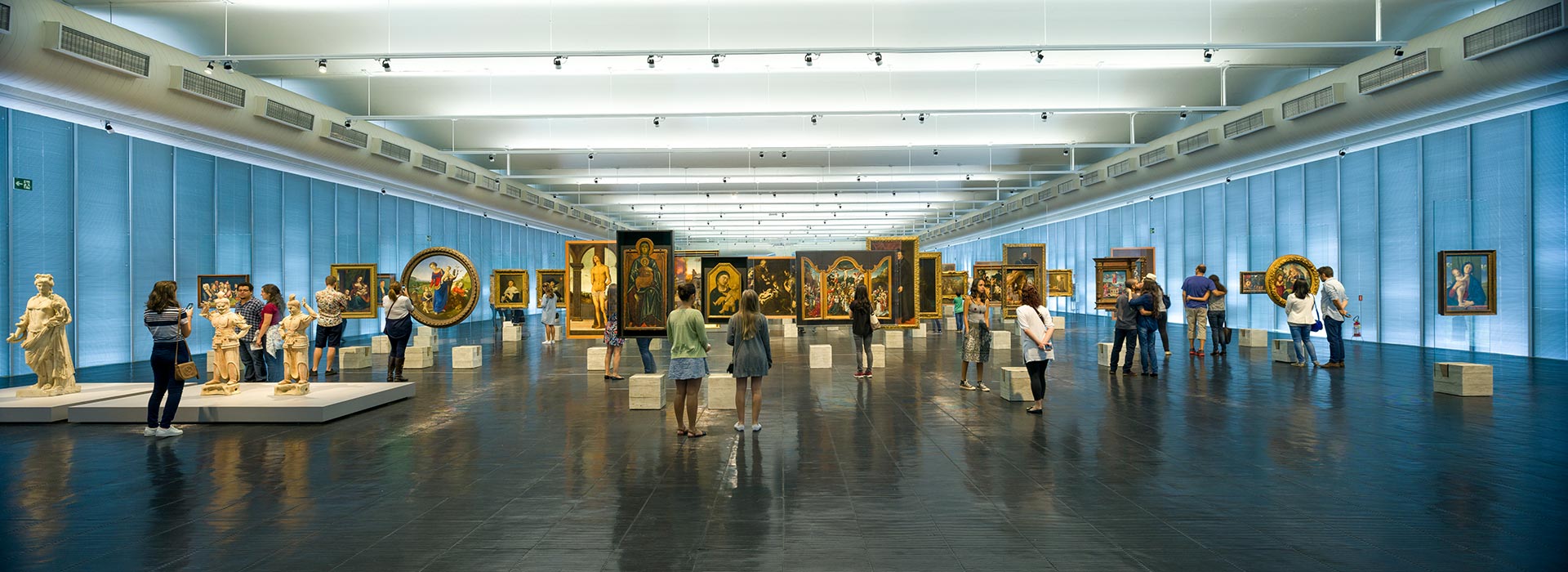
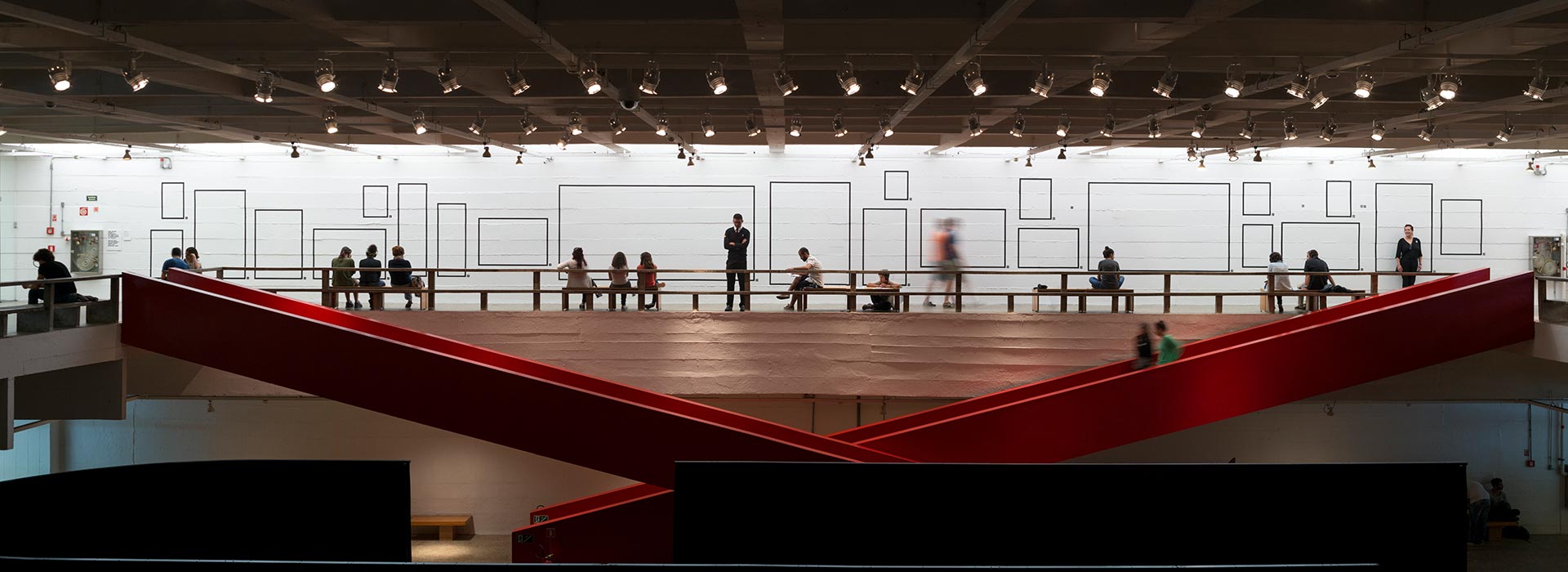
Museu de Arte de São Paulo by Lina Bo Bardi, São Paulo, Brazil Photographs by MASP
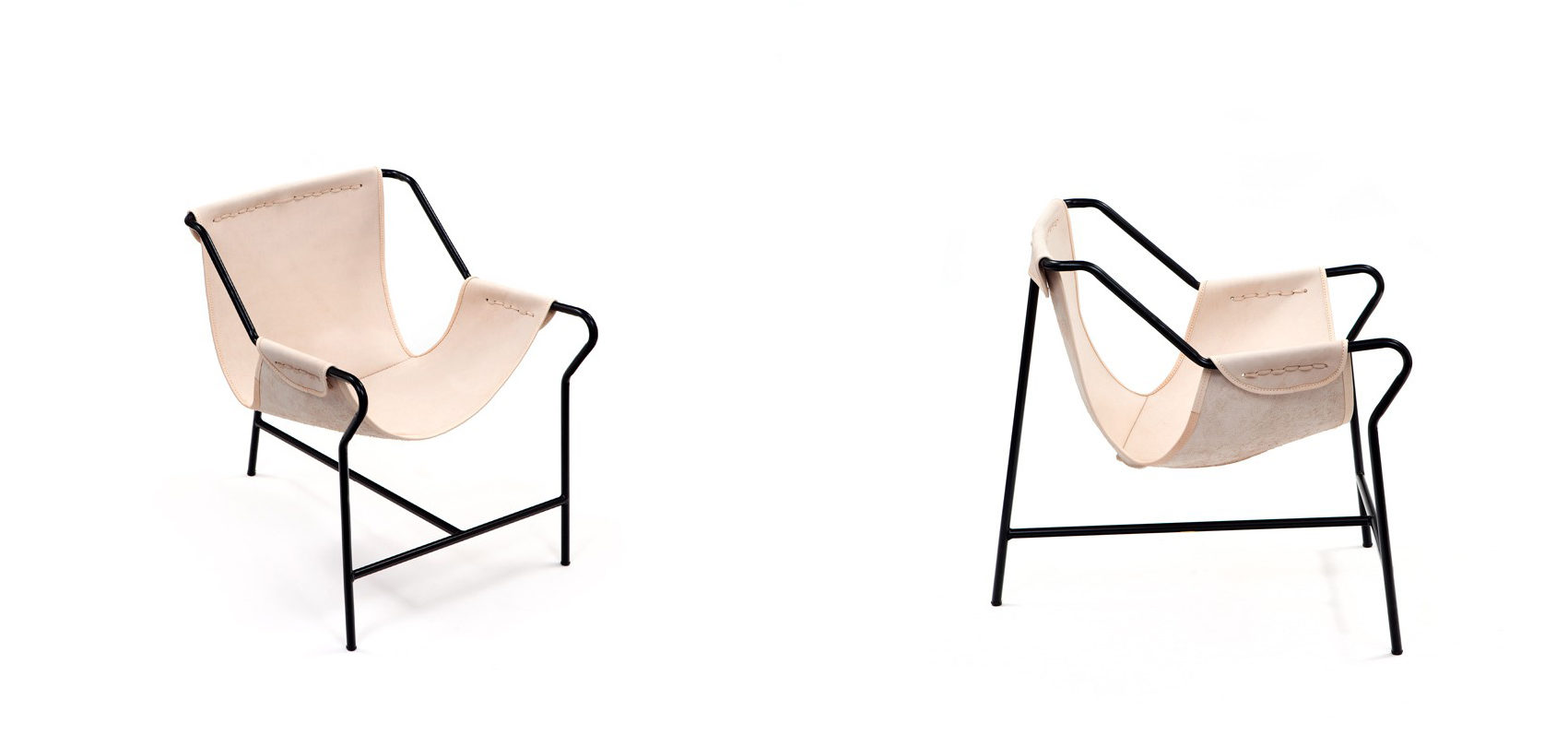
The Tres Pés Armchair by Lina Bo Bardi for Etel
Lina Bo Bardi
Lina Bo Bardi was an Italian-born designer best known for transforming the landscape of her adopted homeland Brazil. Her innovative and daring buildings merged modernism with populism, allowing her to create some of the most recognized buildings in the country. Ahead of her time, Bo Bardi’s work centered around a design philosophy of sustainably and preservation of nature.
Her Museu de Arte de São Paulo was influenced by brutalist aesthetics. A concrete and glass block supported by imposing red “legs,” the museum is suspended above a large, sheltered public piazza, reflecting Bo Bardi’s desire to place human needs at the center of her designs. On the interior, she invented glass display easels, allowing visitors to view the artworks from all sides.
In 1941 she was appointed editor of Quaderni di Domus which exposed her to the intricacies of industrial design and craftsmanship. During this time, she developed her furniture design practice. The Tres Pés Armchair is considered to be one of the first interpretations of Brazilian culture through furniture. The use of fabric and leather hung between the tubular metal framework combines her modernist ideal with the traditions of Brazil’s indigenous people.

SLS Beverly Hills by Philippe Starck, Los Angeles, CA, United States, Photographs by Eszter and David
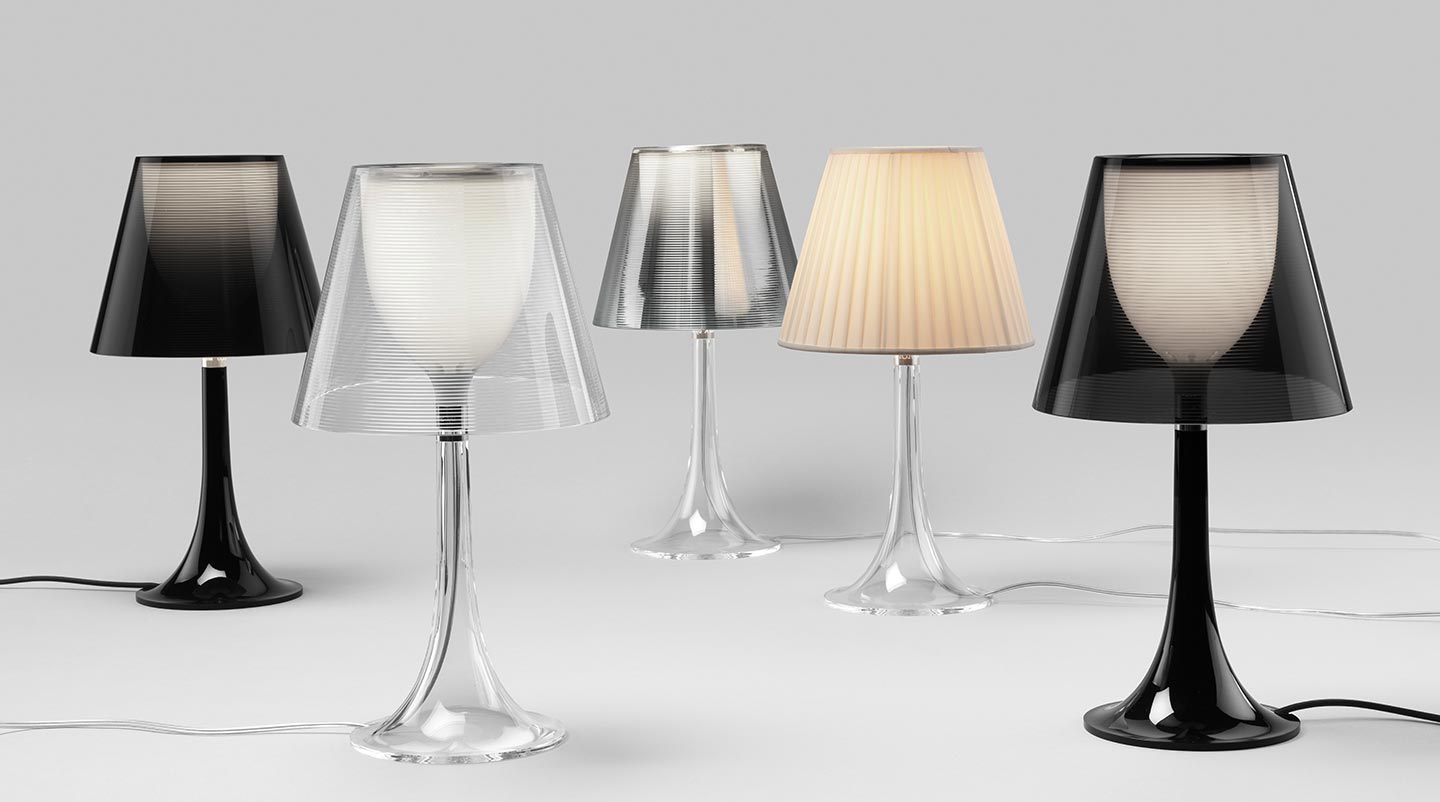
Miss-K by Philippe Starck for Flos
Philippe Starck
A global superstar and creator of over 10,000 products, to date, French-born Philippe Starck’s portfolio of design is transcendent. The child of an aeronautical engineer Starck has innovation running through his veins. His determination for ethical, socially conscious and responsible design is evident in all his works, which strive to find solutions to the problems of the world in creative and powerful ways.
An architect by trade, Philippe Starck highlighted his originality in his first architectural feats. Nani Nani was an example of striking uniqueness in 1989. His resolve for social and economic revolution pushed him to design a variety of important community spaces and gave him the opportunity to define some of the most recognized hotels in the world. Starck’s portfolio consists of The Royalton Hotel, The Paramount, The Delano, The Hudson Hotel, The Mondrian Hotel, The Sanderson, SLS properties and many more.
Starck changed the hotel industry with his vision of infusing spaces with new social values that inspire and engage the masses. To complete his vision for harmonious and conscious design, Starck has taken it upon himself to design many of the products within his spaces himself. His focus on their purpose and usefulness often leads him across many industries. Many of his pieces are now cultural icons that symbolize both humor and ambition.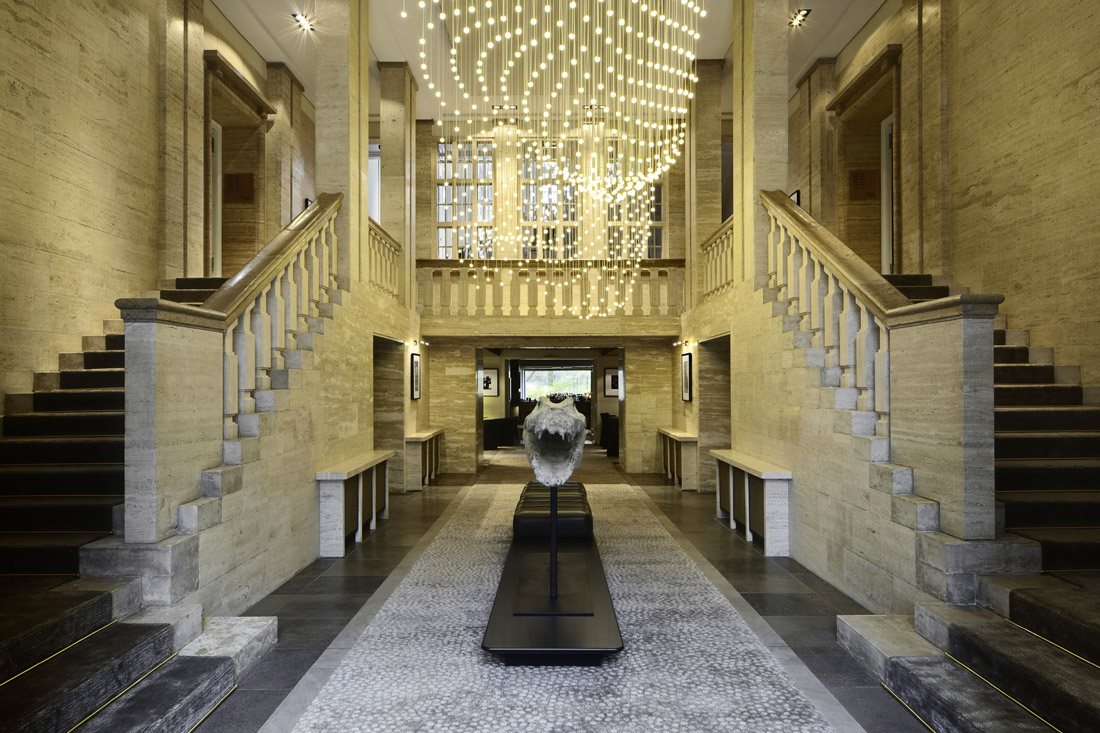
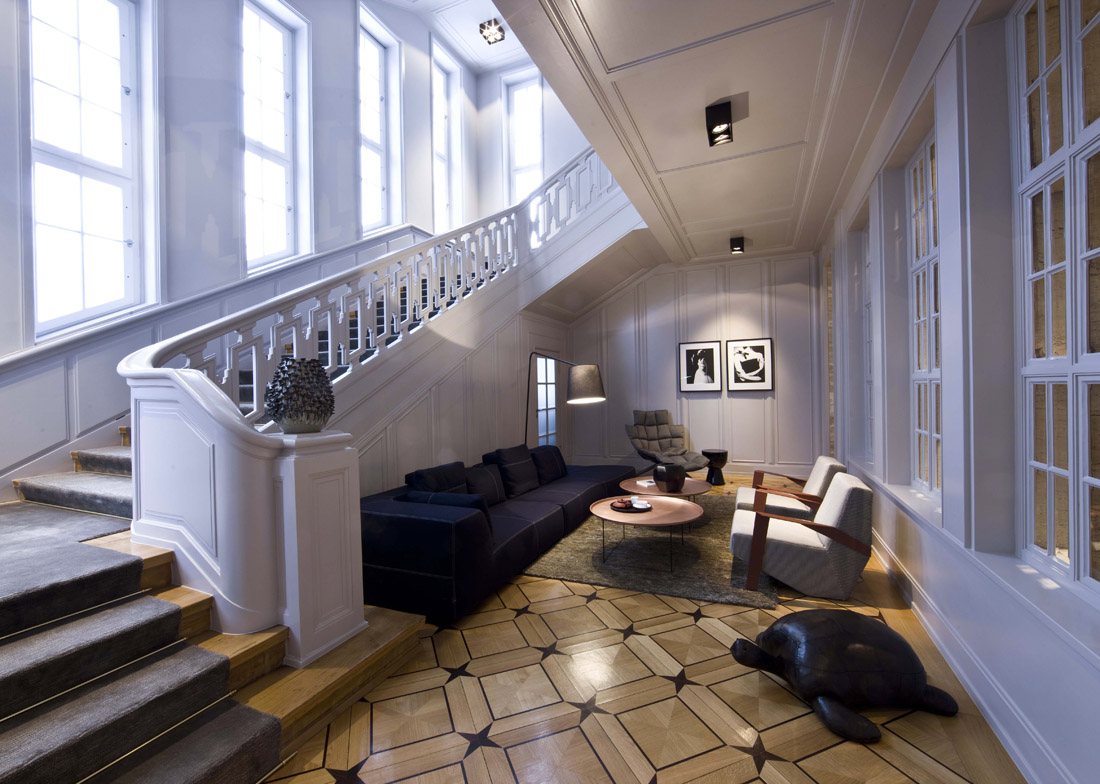
Das Stue Hotel by Patricia Urquiola, Berlin, Germany, Photographs by Alessandro Paderni
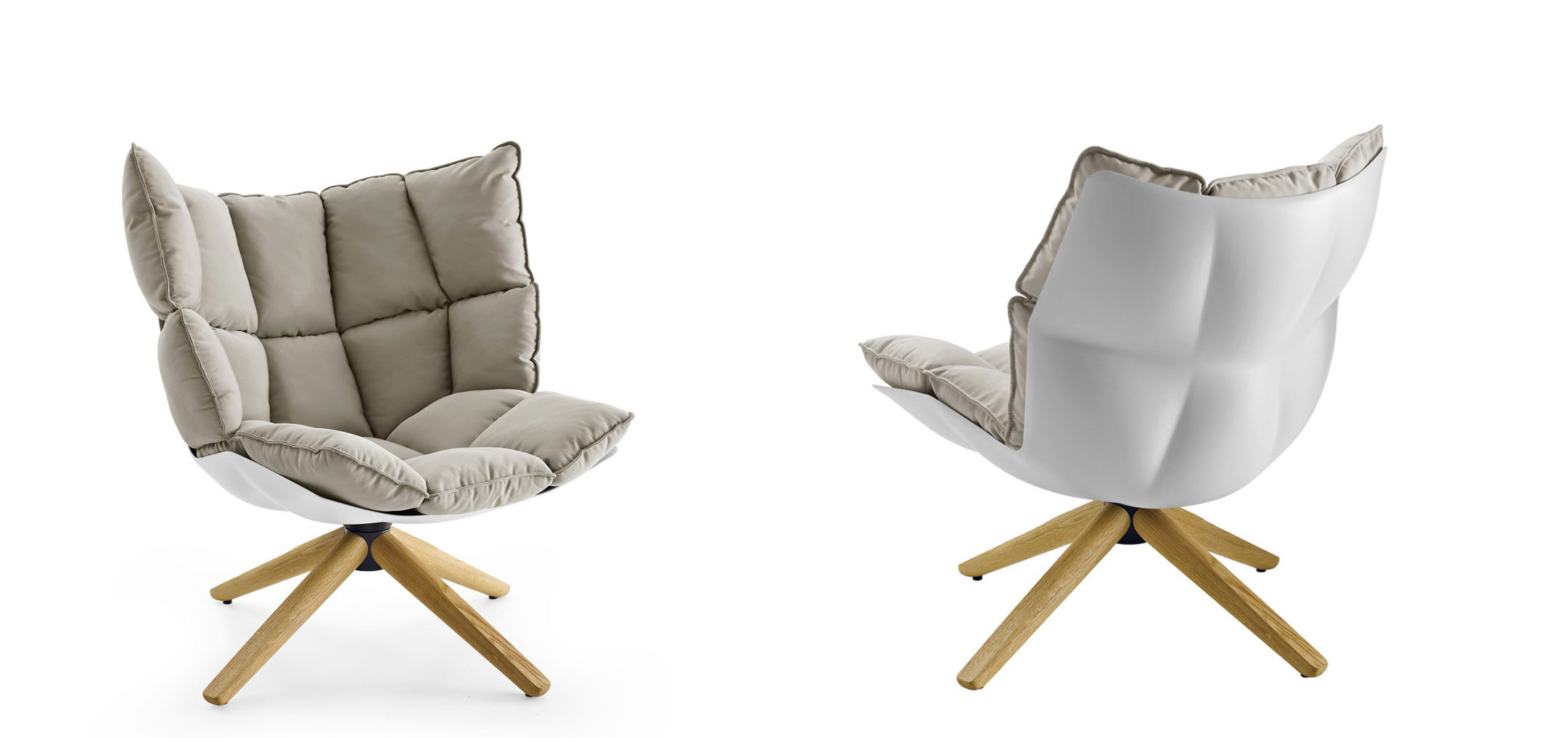
Husk by Patricia Urquiola for B&B Italia
Patricia Urquiola
Formally trained as an architect under Achille Castiglioni, Patricia Urquiola is a human-centric designer. She starts each of her projects with the end-user at the forefront of her decision-making and works tirelessly to merge humanistic, technological and social design approaches in an effort to find solutions. Her vast knowledge and curiosity surrounding technology, economics, politics, social justice and sustainability inform all of her work. Far from being enigmatic, her work is relatable and in tune with its time.
In her quest to merge function and aesthetics, Urquiola has created beautiful environments adorned with beautiful objects. Seamlessly transitioning from architect to industrial designer is the key to the success of her creative aspirations. Her approach to product design encompasses past, present and future, creating links between craftsmanship and industrial design at every possible turn. Urquiola and her team adopt and embrace new technologies wherever they can, yet always aim to respect the traditional practices and forms of the past, her products are imbued with meaningful references to their origins. Her collections are regularly reworked and updated to meet contemporary standards; be it shape or finish, the pieces will develop alongside the society they serve.
Architizer is thrilled to announce that the 2026 A+Product Awards is open for submissions! The clock is ticking — get your products in front of the AEC industry’s most renowned designers by submitting today.
